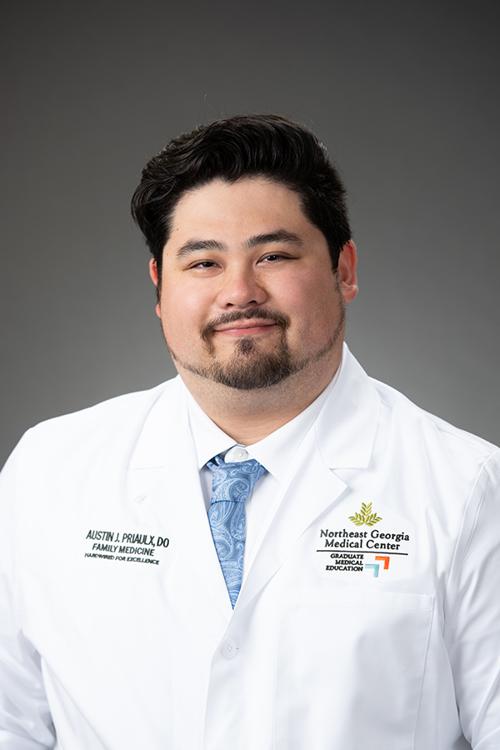What is ADD/ADHD?
Attention deficit disorder (ADD), now correctly known as attention deficit hyperactivity disorder (ADHD), is a neurodevelopmental disorder marked by pervasive problems with attention, focus and even behavioral issues. The effects of ADHD can lead to challenges in school, work and other social situations. This condition is typically associated with children, as the diagnosis is usually made during school-attending years when symptoms are usually first noticed. But this condition can carry through to adulthood and be lifelong, affecting the patient in multiple facets of life.
ADHD statistics
According to the Centers for Disease Control and Prevention (CDC), ADHD is one of the most common neurodevelopmental disorders of childhood. In 2003, it estimated that 4.4 million children between the ages of 3-17 were diagnosed with ADHD, and that number grew to 6.4 million in 2011.
That number has stayed consistent to the present date. It is estimated that there are 8.7 million adults in the United States with ADHD. That means there are an estimated 15 million people (children and adults) with ADHD currently. That also means 1 in 12 children in the U.S. will receive an ADHD diagnosis.
Six in 10 children with ADHD have at least one other mental, emotional or behavioral disorder like anxiety, depression, dyslexia, autism spectrum disorder, Tourette’s and conduct disorder. Interestingly, when race/ethnicity, financial status, family structure and neighborhood characteristics were considered, there were positive correlations between an ADHD diagnosis and socioeconomic factors like unsafe schools and/or neighborhoods and areas of economic hardships. It is highly likely you know someone, or it might even be yourself, who has been given this diagnosis.
What causes ADHD?
Unfortunately, the exact cause is poorly understood and multifactorial. ADHD is associated with abnormally low levels of brain chemicals, particularly dopamine and norepinephrine. There is also a hereditary component, as we do see higher rates of ADHD in patients who have immediate family members with the diagnosis. Even environmental and social factors can contribute to developing the symptoms of ADHD.
The most important thing to keep in mind is that your physician needs to rule out other medical causes of ADHD symptoms before assigning this diagnosis. These include hormonal imbalances, nutrition deficiencies, exposure to toxins or other uncontrolled psychiatric issues.
How do you treat ADHD?
Research and data support a multifaceted approach to treatment, which usually includes medication, behavioral therapy and lifestyle changes. Using any one of these treatment methods apart from the others has been known to be ineffective. Of course, for medications like Adderall or Vyvanse, you will have to be seen by a licensed medical provider who can educate you on the effects and how to take the medications safely.
There are plenty of counseling options, many of which you can sign up for online and do not need a physician referral. Sites like BetterHelp and Talkspace have verified and certified therapists to provide behavioral tips and tricks to improve your symptoms. What some people may consider trivial things like taking morning medications, eating a healthier diet and optimizing sleep hygiene have been demonstrated to improve ADHD symptoms.
ADHD is a real diagnosis, one that can be extremely debilitating for a patient in terms of productivity and behavior. That is why a comprehensive look at the patient’s physical and mental status, family, and social history is needed prior to giving a diagnosis and recommending a treatment plan.
If you or someone you know is struggling with the symptoms or the diagnosis, see your pediatrician or family doctor for more information and education. If you are interested in learning more about ADHD, please check out chadd.org or the American Academy of Child and Adolescent Psychiatry’s ADHD resource center. If you need a primary care physician and don’t have one, Northeast Georgia Physicians Group has many doctors to fit your needs. Book an appointment online today.


